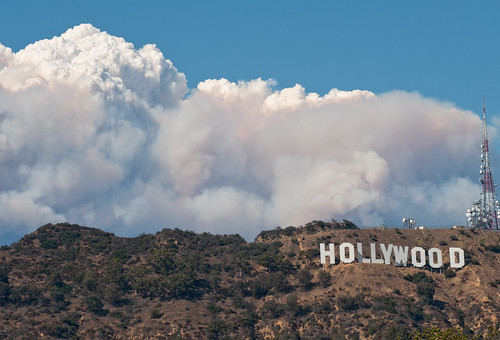
Spiral Galaxy/ Source: NASA
A statistic that gets tossed around a lot in the health care debate is that “Health care is one-sixth of the economy” – but what does that mean? The total U.S Gross Domestic Product is $14.1 Trillion, making one-sixth of that about $2.35 Trillion.
Those numbers for health care include programs like Medicare and Medicaid, as well as individual expenses and prescription drugs, doctors visits, healthcare workers’ salaries, insurance premiums – pretty much anything you can think of that involves the healthcare industry. While what counts as health care is likely loosely defined, no matter how it breaks down, it’s still a huge amount of money that’s really difficult to visualize.
I did a little search for two trillion to try to get a sense of what $2 Trillion looks like. Apparently there are only 400 billion stars in the Milky Way galaxy, so that didn’t work. Then I found this – two trillion tons of ice melting in the Arctic – so think of a whole shelf of ice disappearing and being replaced with dollar bills, and maybe you get some idea. There was also this one – two trillion text messages sent every day. I guess I send about five, so if everyone with a cell phone also sends about five, that’s a lot of texts. Needless to say, $2 Trillion is a lot of money.
How does it translate into legislation?
ProPublica’s health care reform primers help analyze the numbers.
Olga Pierce looked at the competing bills:
“Until last week, President Obama took a hands-off approach health care reform. Instead, in February he included eight general principles [4] in the presidential budget. The principles laid out requirements of a plan — it must make insurance available to everyone and address rising costs, for example — but did not specify policies.
That left Congress to debate many of the contentious issues, including whether to have a public option, and whether everyone should be required to have health insurance.”
And for a look at how these changes may affect Americans, a survey from the Public Insight Network asked people to record their most pressing health care need:
A map plots the biggest complaints about health care, ranging from lack of coverage to prescription drug expenses.
Andrew Haeg of American Public Media looked at the responses and featured some of the best in a column.
“But nearly all people, regardless of income, age or insurance status, spoke of making choices — life altering choices — in order to affford health care.
For Jeannette d’Armand of Seattle, Washington, the choice is between doing work she loves and taking a mindless job for the benefits. D’Armand wants to be a singer and a voice coach, but is doing data entry instead because she needs the benefits to pay her $500-plus health care expenses to take care of her Type I Diabetes. “I just feel that if I live in one of the wealthiest countries in the world,” says d’Armand, “I shouldn’t have to choose between health care and career.”
To share your story of dealing with health are woes, Tavis Smiley’s Faces of the Uninsured project is looking for contributions.
Still confused? Here are ten health care terms to know, from Youth Radio.
 The east coast got a one-two punch of snow this week – but can they afford to? Snow removal budgets have been blown away, and with schools, the federal government, and most businesses shut down, how will the region make up for it?
The east coast got a one-two punch of snow this week – but can they afford to? Snow removal budgets have been blown away, and with schools, the federal government, and most businesses shut down, how will the region make up for it?

